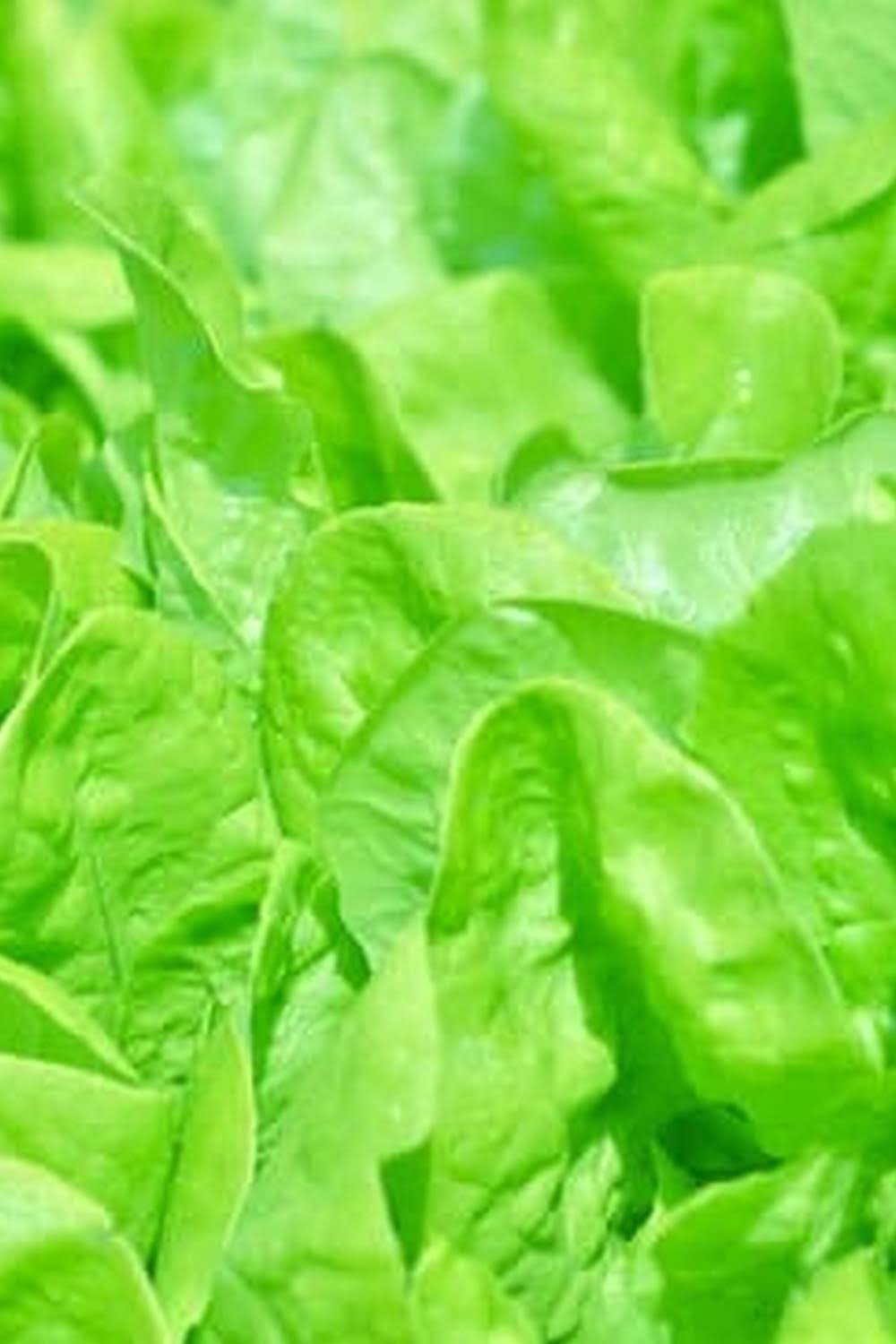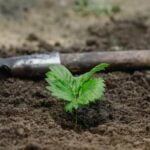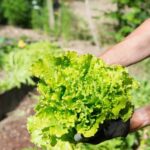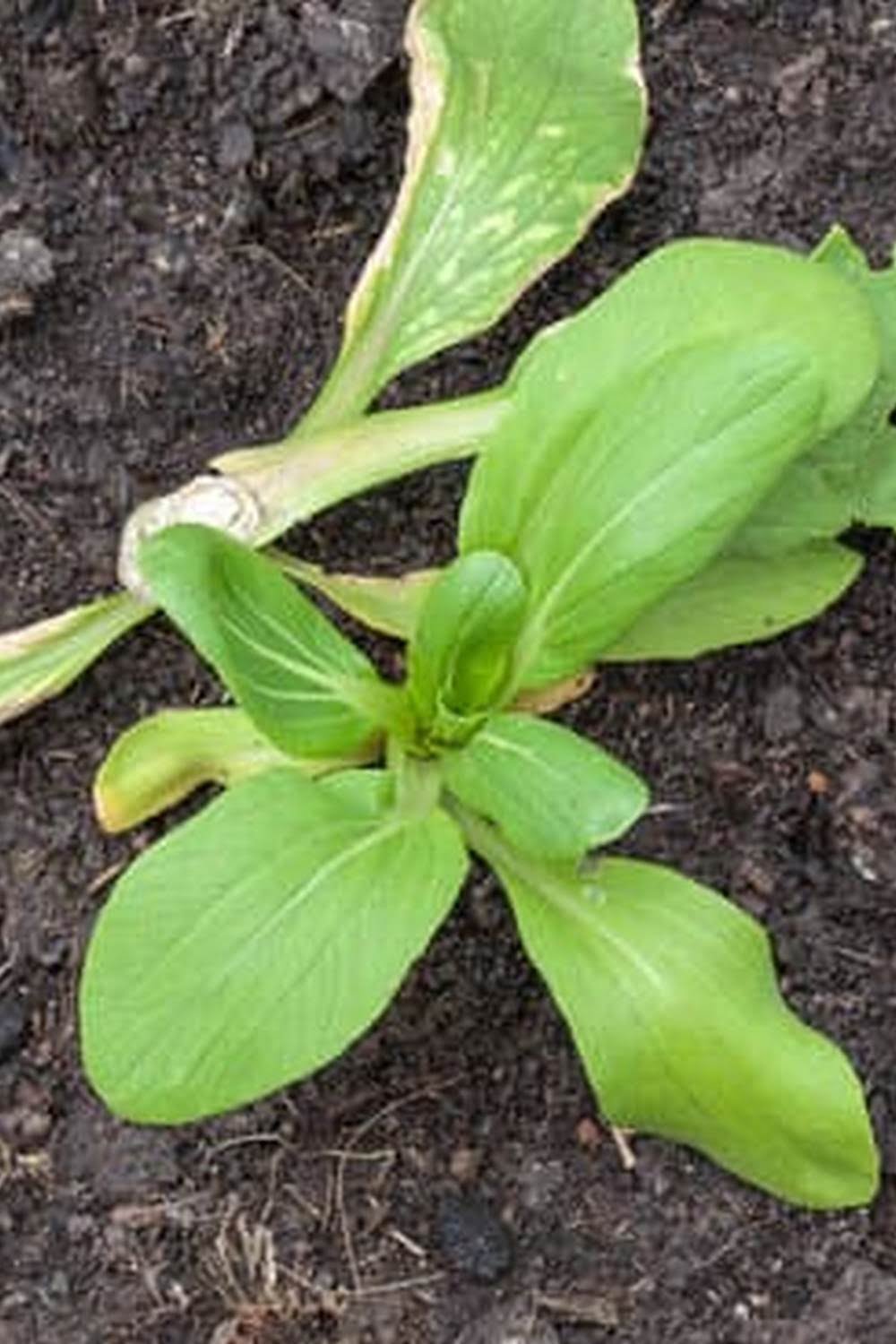What Type Of Soil Vegetable Garden
ers Should Plant In
When it comes to vegetable gardening, the type of soil you plant your vegetables in is extremely important. Different types of soil will have different effects on the vegetables, so it is important to know what type of soil you have before you plant anything.
If you have clay soil, you will want to add organic matter to it to help improve the texture. Clay soils can be very hard and can be difficult for plants to grow in. Adding organic matter, such as compost or manure, will help to loosen the soil and make it more hospitable to plants.
If you have sandy soil, you will want to add organic matter as well, but you will also want to add some type of soil amendment, such as compost or peat moss. Sandy soils tend to be very nutrient-poor, so adding amendments will help to improve the quality of the soil and make it more hospitable to plants.
If you have loamy soil, you will not need to add any amendments, but you may still want to add compost to help improve the soil structure. Loamy soils are the best type of soil for growing vegetables, so if you have this type of soil, you are in luck!
So, what type of soil do you have? Once you know that, you can start planting your vegetables in the right type of soil and get ready to enjoy a bountiful harvest!
How To Prepare Soil For A Vegetable Garden
A vegetable garden is a great way to get fresh, nutritious produce right from your backyard. But, before you can start planting, you need to prepare the soil. Here are a few tips on how to do that:
1. Remove any large rocks or debris from the soil.
2. Add organic matter to the soil. This can include compost, manure, or leaf mulch.
3. Till the soil to a depth of at least six inches. This will help to loosen the soil and improve drainage.
4. Test the soil pH and adjust if necessary. Most vegetables prefer a pH of 6.5-7.0.
5. Add any necessary fertilizer or soil amendments.
6. Rake the soil smooth and then water it well.
Now your soil is ready for planting!
Vegetable Garden Soil Mix Recipe
The best soil for a vegetable garden is a mix of organic matter and soil. The organic matter will help to improve the soil structure, drainage, and fertility. The soil will provide the nutrients that the plants need to grow.
To make your own soil mix, start with a bag of organic matter. You can use compost, manure, or peat moss. Add in a bag of soil. The soil should be a mix of clay, sand, and silt. You can buy a bag of soil at a garden center or mix your own. Mix the organic matter and soil together until it is the desired consistency.
The best way to improve your soil is to add organic matter every year. You can add compost, manure, or peat moss. This will help to improve the fertility and structure of the soil.
Potted Vegetable Garden Soil
Soil is the foundation of a healthy potted vegetable garden. A good potting mix contains a blend of organic matter, such as compost, and inorganic matter, such as sand or perlite. The organic matter feeds the plants, while the inorganic matter helps to aerate and drainage the soil.
When selecting a potting mix, be sure to read the ingredients. Many potting mixes contain fertilizer, which is beneficial for the first few months after planting. However, over time the fertilizer will leach out of the soil, so it’s important to replenish it periodically with a slow-release fertilizer.
A potting mix that is too heavy will not drain well and can lead to root rot. On the other hand, a potting mix that is too light will not hold moisture, which can also be detrimental to the plants. It’s important to find a potting mix that strikes the right balance for your garden.
If you are using a potting mix that doesn’t contain fertilizer, be sure to add some at planting time. A ratio of one tablespoon of fertilizer per gallon of potting mix is a good starting point.
What Should I Add To My Vegetable Garden Soil
?
Adding organic matter to your garden soil is key for healthy plants, vegetables, and fruits. The organic matter will break down over time and help to create a rich, healthy soil for your plants. The best way to add organic matter to your garden soil is by using compost. Compost is made up of organic materials that have been broken down by bacteria and fungi. Compost can be made from a variety of materials, such as leaves, grass clippings, fruit and vegetable scraps, coffee grounds, and egg shells.
Compost is a great way to add nutrients to your soil. The nitrogen, phosphorus, and potassium in compost help to promote plant growth. Compost also helps to improve the soil structure and water retention. Adding compost to your garden soil will help to keep your plants healthy and productive.

If you’re looking to get into vegetable gardening, or are just looking for some tips on how to make your current garden better, then you’ve come to the right place! My name is Ethel and I have been gardening for years. In this blog, I’m going to share with you some of my best tips on how to create a successful vegetable garden.





